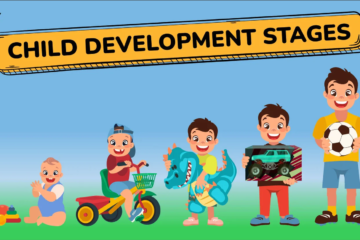Dr. Maria Montessori was an Italian physician and educator who is best known for developing the Montessori system of education. Her innovative approach to education has had a lasting impact on early childhood education around the world.
Early Life and Education
Maria Montessori was born in Chiaravalle, Italy, in 1870. Her father, Alessandro Montessori, was a civil servant, and her mother, Renilde Stoppani, was a well-educated woman who encouraged her daughter’s intellectual pursuits. Maria was an excellent student and excelled in mathematics and the natural sciences.
In 1890, Montessori began her studies at the University of Rome, where she became one of the first women in Italy to earn a degree in medicine. She specialized in pediatrics and psychiatry and was particularly interested in the education and care of children with special needs.
Development of the Montessori Method
In 1907, Montessori was given the opportunity to work with a group of children from a low-income housing project in Rome. She was tasked with developing a system of education that would help these children to overcome the disadvantages of their social and economic backgrounds.
Montessori began by observing the children and studying their behavior. She noticed that they were naturally curious and had a strong desire to learn. She also observed that they learned best through exploration and discovery, rather than through rote memorization and repetition.
Montessori developed a system of education that was based on these observations. She created a carefully prepared environment that was designed to meet the needs and interests of each individual child. She also developed a set of materials that were specifically tailored to the children’s developmental needs and that allowed them to learn through exploration and discovery.
In a Montessori classroom, children are free to choose their own activities and work independently or in small groups. The teacher acts as a guide, providing support and encouragement when needed, but otherwise allowing the children to learn and grow at their own pace.
Legacy and Impact
The Montessori system of education has had a lasting impact on early childhood education around the world. Montessori schools and programs can now be found in many countries, and the system has been adapted to meet the needs of children from diverse cultural backgrounds.
Montessori’s approach to education emphasizes the natural development of children and the importance of providing them with a prepared environment that allows them to learn through exploration and discovery. The system is recognized for its emphasis on independence, self-directed learning, and respect for the child’s natural development.
Montessori’s work also had a significant impact on the field of special education. Her emphasis on observation and individualized instruction has influenced many educators who work with children with special needs.
In addition to her work in education, Montessori was also an advocate for women’s rights and peace. She was nominated for the Nobel Peace Prize three times, and she worked tirelessly to promote peace and understanding between people of different cultures and backgrounds.
Conclusion
Dr. Maria Montessori was a pioneer in the field of education, and her innovative approach to learning has had a lasting impact on early childhood education around the world. Her emphasis on individualized instruction, observation, and self-directed learning has influenced many educators and has helped to create a more child-centered approach to education. Montessori’s legacy is a testament to the power of observation, creativity, and a commitment to improving the lives of children.



0 Comments